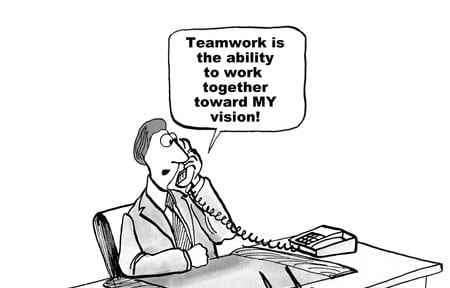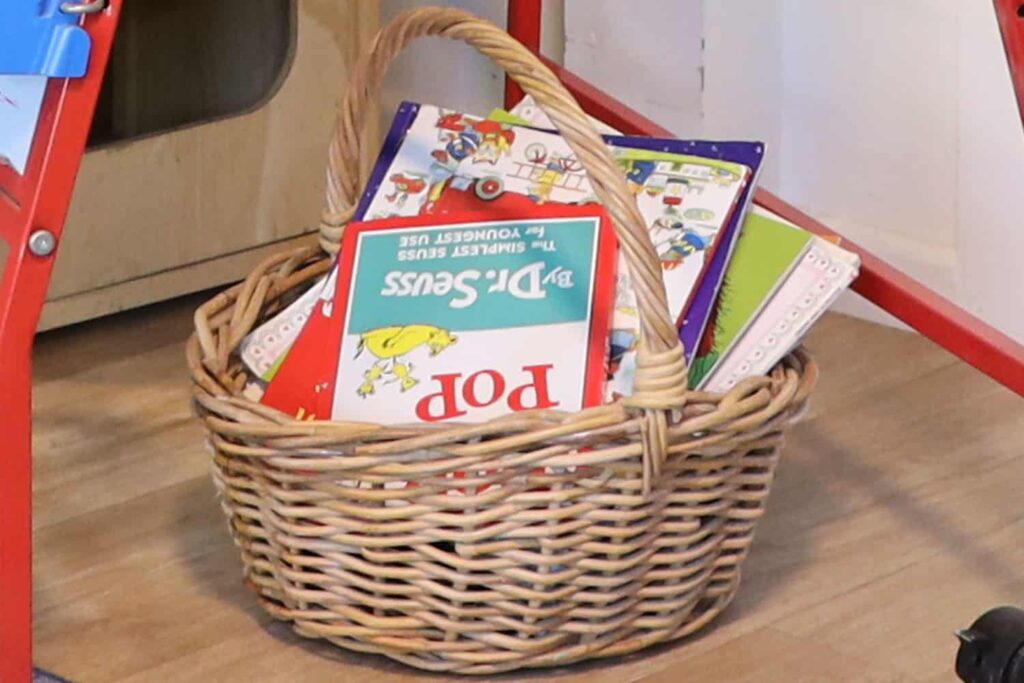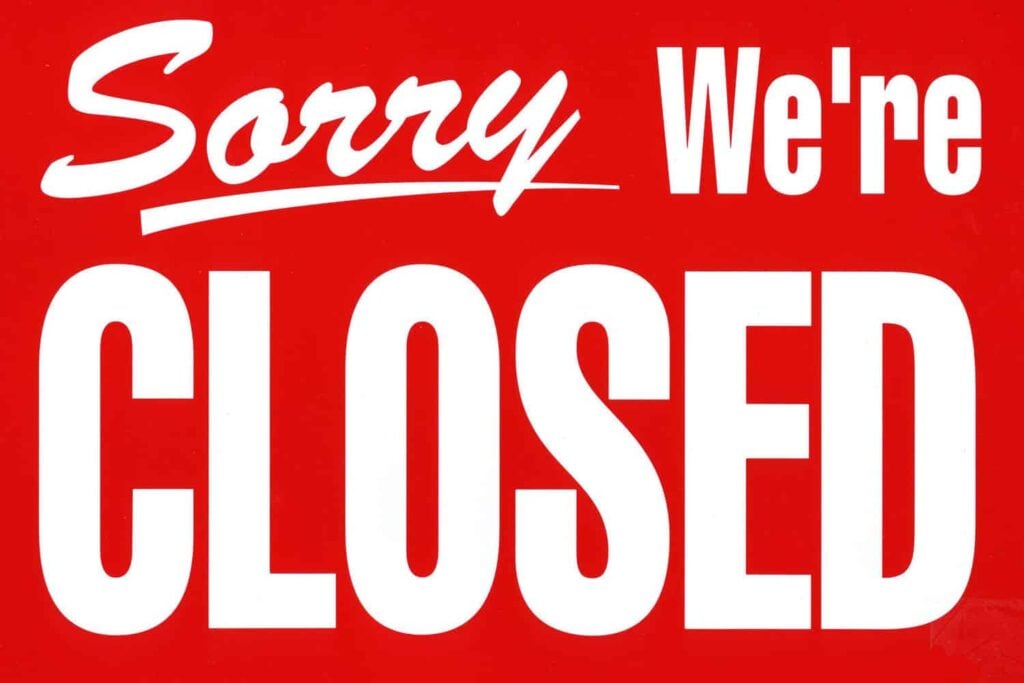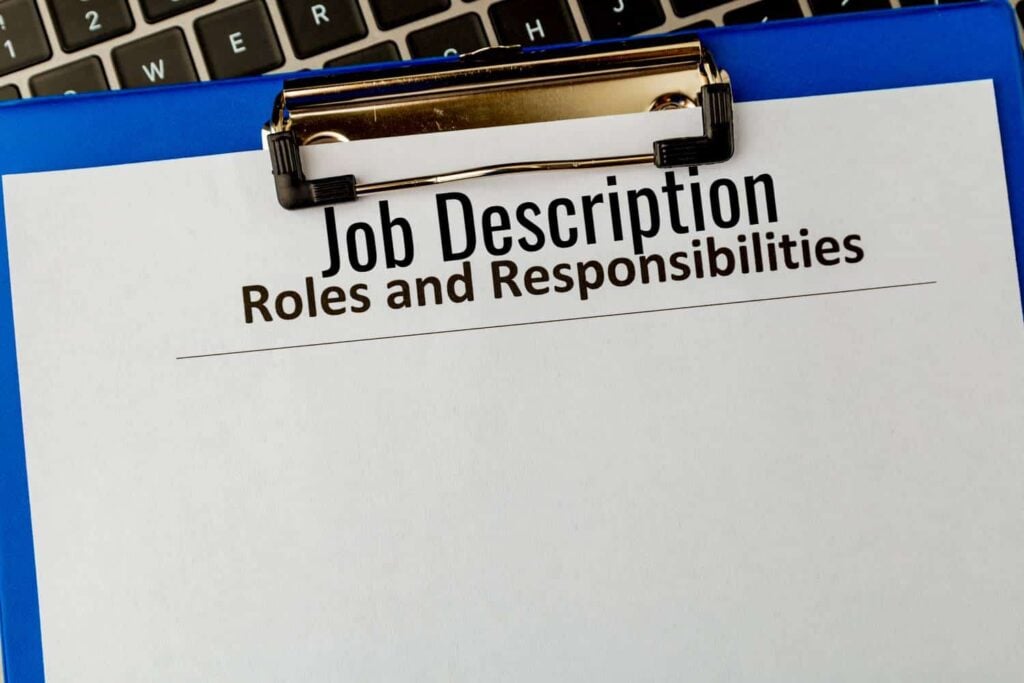Amazing Children Taskforce Report.
June 14, 2011.
When it comes to being something that the early childhood sector could get excited about and see as really positive for children now and into the future, the ECE Taskforce report doesn’t cut the mustard.
What words would you use to best sum up the ECE Taskforce Report? Early reactions to the report have indicated a general feeling of dissatisfaction and uneasiness:
- Mind-numbing
- Nice jargon
- Ambiguous
- Boring, Dull
- Unoriginal
- Lacking in excitement
- Americanised
- Discriminatory
But is it a bad thing that the report is at best being received as a fairly humdrum kind of report? Should it have been any more than this? And was it worth the $150,000 allocated to it by Government? To begin to answer such questions we should:
- take note of possible limitations and strengths in the ECE Taskforce and its report, and
- check out what the report is and is not.
(If you would like to explore this further we suggest you assess the content, quality, and significance of it against other past reports, including: the recent Children’s Commission report on children under two in ECE, 2011; the Report of the Quality Public ECE Project, 2009; the final report of the Strategic Plan Working Group to the Minister of Education, 2001; The Future Directions Early Childhood Education in NZ report, 1996; and The Education to be More report of the Early Childhood Care and Education Working Group, 1988).
ECE Taskforce Characteristics
Time Line
The Taskforce was announced in October 2010 by the Minister of Education. It had a timeframe of reporting back by March 2010; so by the time the Taskforce got underway ‘consultation’ (which took the form of asking for submissions and members of the taskforce doing visits of early childhood centres for familiarisation) was necessarily limited to taking place in the period leading up to Christmas and the January break. The ECE Taskforce Report was released later than had been expected, on 1 June 2011. Prior to this the Chairman of the Taskforce gave a presentation to the annual conference of the Early Childhood Council (a lobby group for childcare proprietors) and shared with media at least some indications of what would be coming out in the report.
Independence
The Taskforce has been maintained as being one that is independent from Government. However, its members were selected directly by the Minister of Education. The Terms of Reference were set by the Minister. And it was set up without the knowledge of the wider ECE sector.
Consultation
The ECE Taskforce asked for submissions. Only 439 were received – and of those 72% (or 314) were said to be on a standard form originating from the Teachers’ Union (the NZEI). The number of people who signed up to the ECE Taskforce online Facebook page was 42, with 6 posting comments including 1 comment posted after the release of the report.
From an early childhood sector that is very diverse, with thousands of services, and a society with hundreds of thousands of children, and many stakeholders in children’s care and early education the response to the call for input into the ECE Taskforce can only be described as paltry.
The response would have given the ECE Taskforce an early indication of the support they had outside of government, and likely difficulty in getting approval for the final report from ECE sector groups. This may perhaps have been one motivating factor for trying so hard in the report to “sell” the importance of early childhood education for young children and of quality (though the ECE Taskforce’s stated definition of quality is not how most people would define quality).
Drawing on overseas studies of programmes that often have vastly differently populations of children, adult-child ratios, etc, and can’t be replicated in the same way here in NZ, the Taskforce puts a big plug in for continued public investment in ECE. Arguments for public investment in ECE and the importance of quality early childhood education and care have been made for decades and are not new to readers, but it is of comfort that the ECE Taskforce does not disagree and add their support.
Recommendation No. 20 in the Taskforce report is interesting in relation to the response the Taskforce received from its attempt at social marketing through having an online Facebook page. The Taskforce recommends that “work is undertaken to explore the feasibility of social marketing approaches to raising awareness of the value of early childhood education”. Why? The Taskforce did not find themselves that social marketing worked. Social marketing is unlikely to get the children of low-income families not participating in ECE to enrol when there are barriers to access such as having an ECE service that is close enough to home to walk to or one that they can afford.
Transparency
The minutes from 4 taskforce meetings were made available via the taskforce website, for 3 full-day meetings and one short meeting of 2 hours. Information not made available is what further meetings (if any?) were held and what was discussed at these.
It is not clearly stated who took responsibility for writing the report – was it all members of the taskforce, only some members and which members, or Ministry of Education officials/staff?.
It is claimed that the report’s conclusions were ‘endorsed’ by national and international peer reviewers. However, it is not usual practice to ask peer-reviewers for endorsement. Usual practice is for peer-reviewers to provide independent and critical feedback, and not endorsement. The names of 4 reviewers are listed; these being the names of 3 foreign academics along with Howard Fancy previously secretary for Education in the NZ Ministry of Education, and also a general reference to education ministry officials as peer-reviewers. It could help to raise the credibility of the taskforce report if copies of the external reviews were made available as an addendum to the report.
Membership
Group size was optimal for a task such as this. There were 9 members. Only teacher-led centre based interests were represented in any way. Membership of the group was biased toward people with general management experience and private business experience.
Not represented were small community-based services, children’s interests (e.g. by having a representative from Every Child Counts or the Commissioner for Children), parents who choose to use and not to use childcare or a licensed ECE service, licensed home-based ECE providers, Playcentre, parent early childhood programmes such as PAFT and HIPPY, Nga Kohanga Reo, and Pacific Islands Language Nests.
The Members were:
- Michael Mintrom (the Taskforce Chairperson): a political studies academic at the University of Auckland who did his academic training in the United States
- Claire Johnstone: A city council general business manager
- Laurayne Tafa: A primary school principal
- Ron Viviani: A private company director providing management services to Pasifika ECE Services
- Aroaro Tamati: Owner of a Maori immersion ECE centre
- Peter Reynolds: Previously a manager at Work and Income. In his first year of being CEO of the Early Childhood Council, a lobby group for childcare proprietors and answerable to the board of the ECC. (Note that the ECC and its board has a long and enduring association with a national private childcare chain called Kindercare and one of Kindercare’s owners was personally nominated by Minister Tolley to represent teacher-led ECE services on the 2008 regulations review committee).
- Tanya Harvey: General manager of the Auckland Kindergarten Assn and secretary of the EC Leadership Group (a breakaway group of four out of 35 Kindergarten Assns from the NZ Kindergarten Inc), a member of the ECC, previously board member of the Early Childhood Council, and a previous temporary CE0/manager for the ECC.
- Richie Poulton: A Dunedin academic with a strong background and standing in health and development research (though not in researching early childcare or early education or the effects of it on children as far as can be ascertained).
- Anne Smith: A retired Dunedin academic who has had a distinguished career in ECE research, academia in general, and a committed advocate of more access to (quality) childcare for women.
Responsibility of Members
Under the Terms of Reference for the taskforce it was stated that members “should not represent any particular organisation or voice”.
There would very likely have been potential for a number of personal and business conflicts to arise within the taskforce. It has not been made known yet if conflicts of interest were declared and if so how these were dealt with. Were conflicts of interest run past the Ministry’s legal team? Group composition was not likely wide enough for conflicts of interest not to matter in resulting decisions and recommendations put forward by the group.
For example, an obvious conflict of interest was Peter Reynold’s membership of the Taskforce as a lobbyist for the Early Childhood Council, a group representing childcare proprietors:
“I cannot guarantee that the ECC will get its way on all Taskforce matters, but you can guarantee that its voice will be heard loud and clear on all issues of concern to its members”. (Peter Reynold’s statement announcing the formation of the ECE Taskforce).
“I want [ECC] members to know that over the next week or so they can expect to see a variety of comments and media speculation about the Taskforce Report, some of which may not be entirely correct … I invite members to feel free to contact me if they are concerned about any aspect of the report. Not everything that is in the Taskforce Report is what we would have desired, but generally I do believe this is a good start, addressing a number of key issues we feel strongly about” (Peter Reynold’s statement following the release of the ECE Taskforce Report).
What the Report Is and What it Is Not
The report presented to Minister Tolley appears to be mainly what was indicated as being wanted. The report provides ‘independent’ backing of current government policy directions in regard especially to:
- ECE workforce contingencies,
- shifting the burden of government funding more onto parents who can afford to pay more for ECE, and
- moving more toward a free market approach to ECE delivery (and the ECE Taskforce view on how this could be achieved is to reduce regulation and compliance and make the sector more performance-based and reliant on external incentives for quality rather than internally driven. The desired future state is greater uniformity/standardisation in service provision with the teacher-led model providing the standard for other service types, to result in greater management and cost efficiencies).
To quote from the Minister’s press release:
“The Government was already concerned about the variability across services, the lack of accountability, poor access for many children, and the need for a more targeted funding system. It is heartening that these serious issues have been identified by the Taskforce, and that positive suggestions have been made to deal with these areas of concern.
“Some of the recommendations are already being addressed, through the $91.8 million increased participation programme announced in Budget 2010, and the $30 million early learning information system delivered in Budget 2011 to improve information about participation and system performance, which will allow better monitoring of funding and enable us to give more transparency for parents.
“The Taskforce also recommends 80% registered staff in teacher-led services, which is in line with the Government’s target for 2012, and with 67 per cent of teachers qualified at the moment, we are well on course to reach that figure”.
The taskforce’s report does not make serious waves when it comes to recommending changes that would make a difference to the quality of life for children in the present in early childhood services, with the exception of children with special needs for which some good understandings are shown and recommendations made which have been brought together and stated well. Gifted and talented children are missed out.
The report’s recommendations focus on children as future beings – with more about outcomes than about ensuring a good childhood here and now. The report could have argued against the regulation amendment to increase the number of children in teacher-led services to 150 until such time as there is specific regulation to ensure smaller group sizes. Or, the report could have argued against policy that financially incentivizes non-parental childcare services to increase the number of hours a child must be booked in when evidence indicates that longer hours is not in the best interest of every child. Or the report could have … etc etc.
A lot more could be discussed here about the contents of the report but this commentary would become too long. There is one recommendation in particular that must be highlighted because for many people it just doesn’t seem to sit right.
ECE Taskforce recommendation No. 12. Early childhood education licensing regulations are amended to ensure that any new services opening promote the participation of Māori, Pasifika and children from lower socio-economic backgrounds in high-quality early childhood education, and support parents to remain connected to paid work
The recommendation arises probably from the Terms of Reference requiring the taskforce to give attention to the problem of lower participation rates for Maori, Pasifika and low income families in ECE.
The issue cannot and should not be seen as purely one of participation – of taking a stick approach to getting services to target families on the basis of ethnicity or income, or of making/forcing any families to use any particular early childhood service when they don’t need to or want to. The issue is much bigger than this. There are financial and social challenges. It is about whether there is an early childhood service within walking distance from home or if free transport is provided, whether the family can afford the fees, if the service feels personally welcoming and this is something that is quite subjective, etc.
To give the report its due, it is set within the current political context of policy and of funding constraints. It is an agenda for the Government now and over the coming electoral cycle (3 – 5 years was the brief given to the Taskforce group) to put a cap on the rapid (and one could say ‘out-of-control’) increase in spending on ECE since the introduction of 20 hours Free ECE. Does it succeed in this? The answer is yes when it comes to the ideas presented for a new funding model.
However, will the recommendations outlined in the report collectively produce or lead to ‘amazing’ kids as in the report’s title? The answer is no. A number of recommendations made by the taskforce are simply soft calls for more research on different issues (where there is already sufficient evidence and some good thinking available e.g. on the care and education of children under-two years there is the recently released report from the Office of the Children’s Commissioner).
In the Terms of Reference for the ECE Taskforce, the taskforce was asked to primarily “focus on an integrated system of education and care, the primary purpose of which is children’s learning”. The focus of the taskforce report seems however, to be more on labour market/employment outcomes and this can be seen also in the selective focus on teacher-led services. It is interesting to note how the report talks about the importance of parenting and parents being the third leg of the stool in supporting children and how early childhood centres should support parents. But, at the same time the report implies that mothers want to get back into the workforce and this should be assisted e.g. by the “creation of significantly stronger mechanisms to support parents to remain connected to paid work”.
The ECE taskforce report fails when it comes to really proposing new ideas for innovative and evidence-based ways to support children’s learning that are not locked into current biases and structures. For example, the recommendation to create just 2 categories of ECE services – teacher-led services that are centre-based only and a second category of all other services.
But the thing is, that ideas could have been generated that could potentially free up government/ public money to be used to further benefit young children (and paint a picture of government being one that genuinely cares about children to help it as it goes into the next general election).
What was needed was a vision for young children, their care and their learning and then work out a direction of how to get there. Instead the taskforce was caught up in a focus on money and current fiscal constraints and service structures and so the report has become more like a piece of propaganda with recommendations representing a lot of disconnected dots. Perhaps had the taskforce been given the time, it may have helped to share iterations of the report with reference groups of different representatives at all levels of working with young children and use the feedback to refine and shape the report before publication.
So in answer to the question of whether the $150,000 budget for the taskforce was well spent – it was from the perspective of producing a document to lend ‘independent’ support to Government as it seeks to continue to rein in spending on ECE as it is doing for nearly every other area of spending.
From the perspective of having any vision for children, of what is best for children, and getting past the current construct of ECE to produce something that is edgy, interesting, innovative and strongly grounded in research evidence and theory on young children’s early care and learning this report was not worth the money, time, or paper spent on it.
Where to Next?
The Education Minister has said the taskforce’s recommendations will be taken out for consultation and that any proposals for major changes to ECE will form part of the election campaign. This means consultation on the recommendations and decisions on which recommendations the Government will support will be made before the election.
The form that consultation will take has not been stated. It is only about five months before the general election, and political parties can be expected to release their policies for early childhood education at least a month if not a couple of months before the election. Perhaps it may be left up to individuals and groups to personally write to the Minister and give responses if they feel there is any point in doing so.
UPDATE: 15 June 2011, 5pm.
The Minister of Education’s office has sent out a press release to say there will be consultation! This is taking the form of an online questionnaire. Some things to think about:
- Feedback looks like it is only being asked for in relation to the specific recommendations set out by the Taskforce members in their report.
- The Ministry’s privacy policy is: “If you voluntarily provide personal information as part of completing this survey we will keep that personal information secure and will not disclose it to any third party, unless you agree”. It’s not clear if your information might be divulged to the Minister of Education or to taskforce members via the Ministry of Education secretariat as this is consultation on the ECE taskforce report, or if your name (and/or organisation) might be included in a published list of respondents.
- Your comments will likely help the Ministry in tweaking the wording of policy changes to help to make any changes that are generally unpalatable to the majority of respondents, more palatable.
- But, no indication is provided (yet) whether if the majority of respondents voted against a recommendation that the Minister would not proceed with it, or vice versa if the majority of respondents liked one of the Taskforce’s recommendations. The Minister can choose or not choose to ignore the outcomes of any consultation undertaken by the Ministry.
Further articles:









